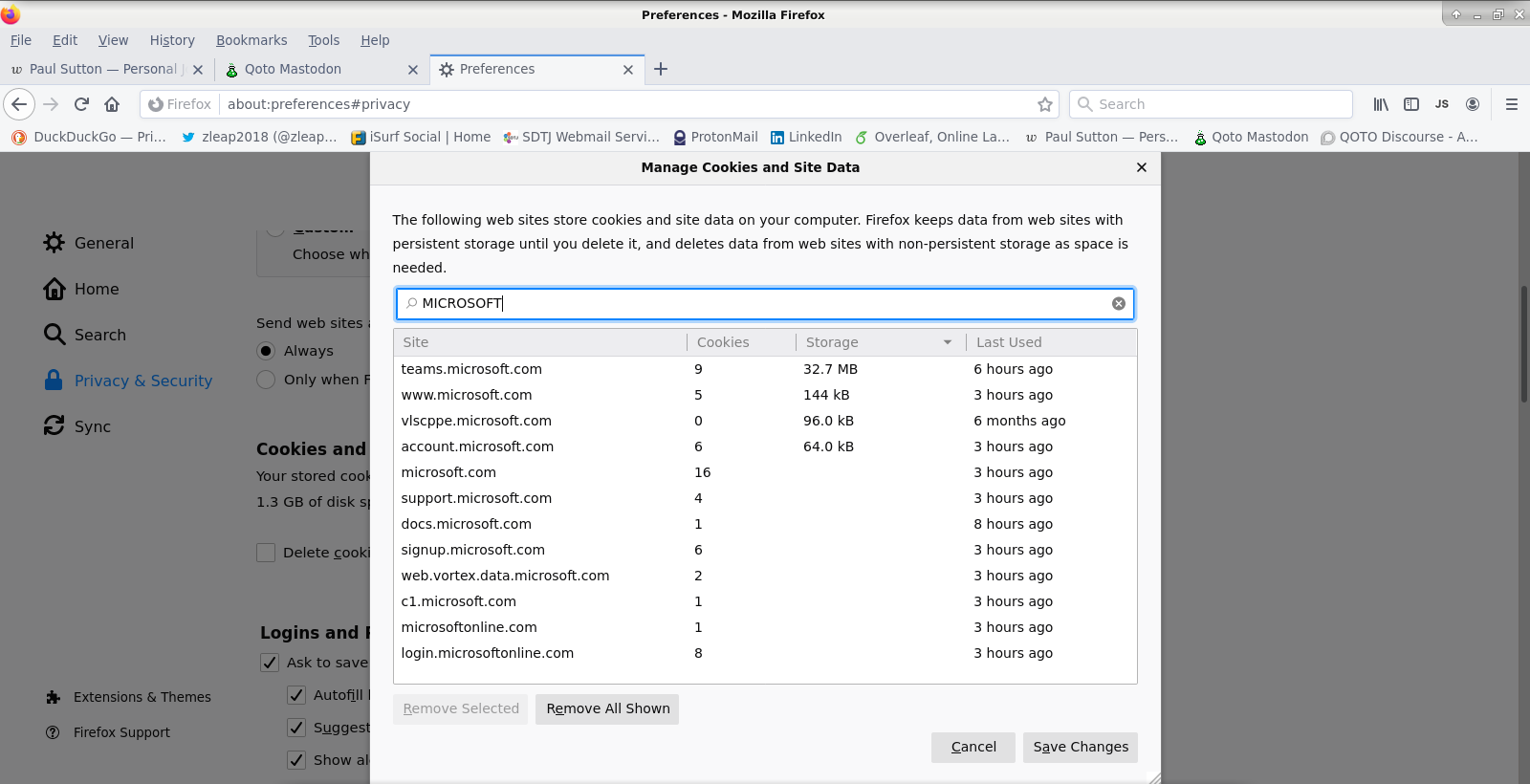Microsoft accounts and GDPR
The UK / EU GDPR (General Data Protection Regulations) state that in the Information commissioners office website [1] upon request of data removal, data should be deleted within “An organisation has one calendar month “. [2] So why is it that upon recently deleting an old hotmail e-mail. it takes 60 days as per quote from their website.
To protect your account from accidentally being closed, we may ask you to prove your identity and intent. For example, if you forgot your account info and had to reset your security info, you must wait 60 days before closing your account.
You can reopen this account, preventing the closure, by signing back in within 60 days. To reopen, you'll need to prove your identity using your current account security information.
This account becomes unrecoverable 60 days after you've closed the account, meaning that you'll be unable to reopen it.
Quote from website regarding time for data deletion.
One of the rather pathetic excuses seems to be that you may request this in error. To me this is just patronising. People are not stupid, big or small tech is not above the law, even though they seem to think that most of the time. Just delete the data within 30 days.
If I request my account is deleted from the Fediverse it gets deleted. Same goes for Gitlab repositories.
Another reason to avoid big tech. If you need e-mail, pads, collaborative editing and storage, then Disroot [3] is excellent as a service too.
REFERENCES
1 ICO 2 Your rights to get your data deleted 3. Disoot
TAGS
#YearOfTheFediverse,#GDPR,#data,#removal,#ico,#account,#deletion.

This work is licensed under a Creative Commons Attribution-ShareAlike 4.0 International License


